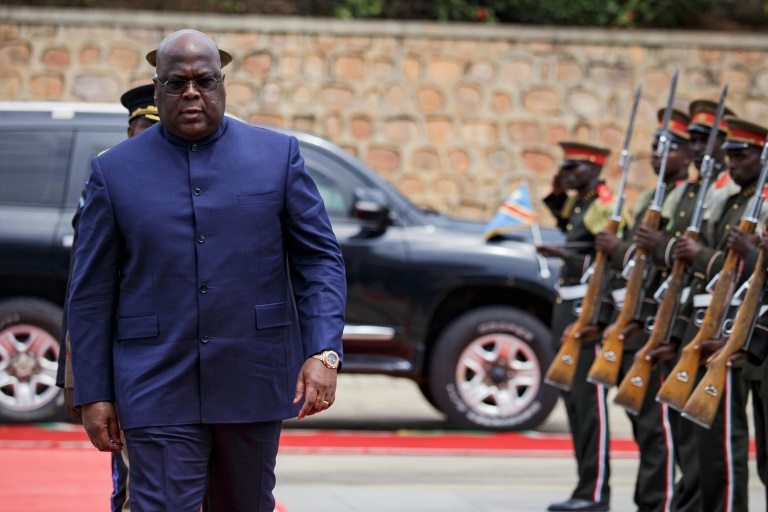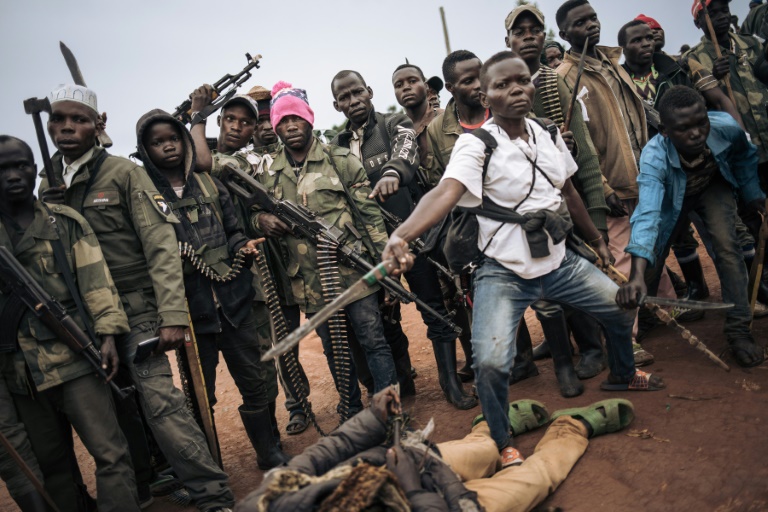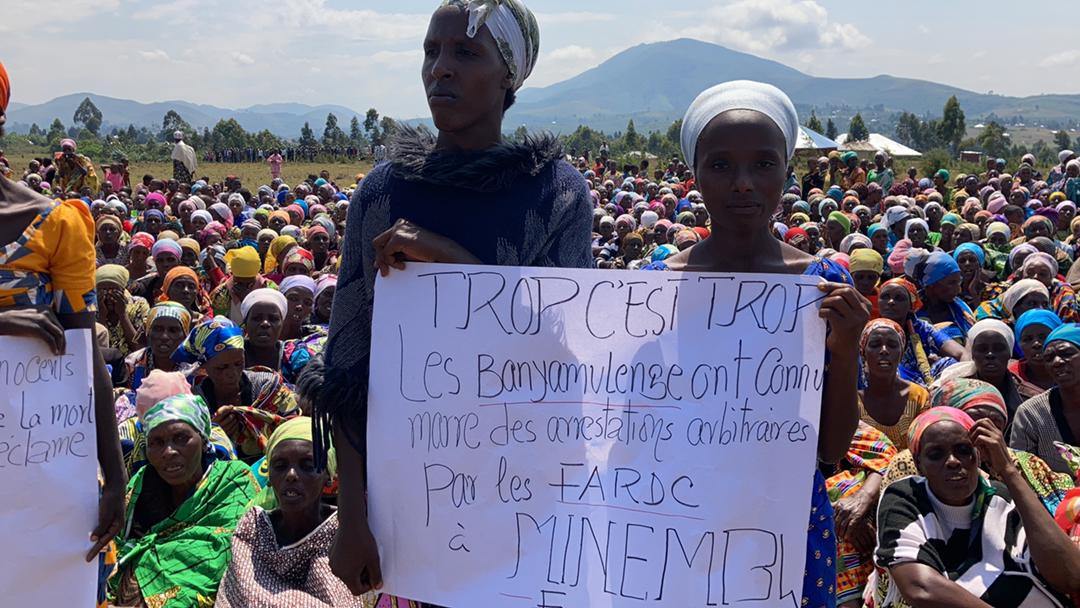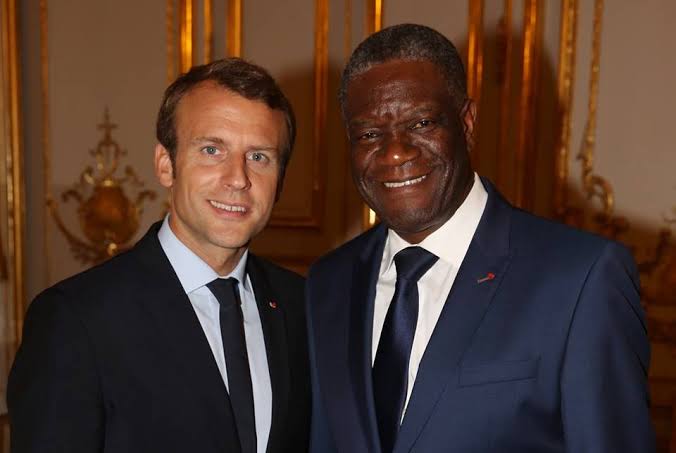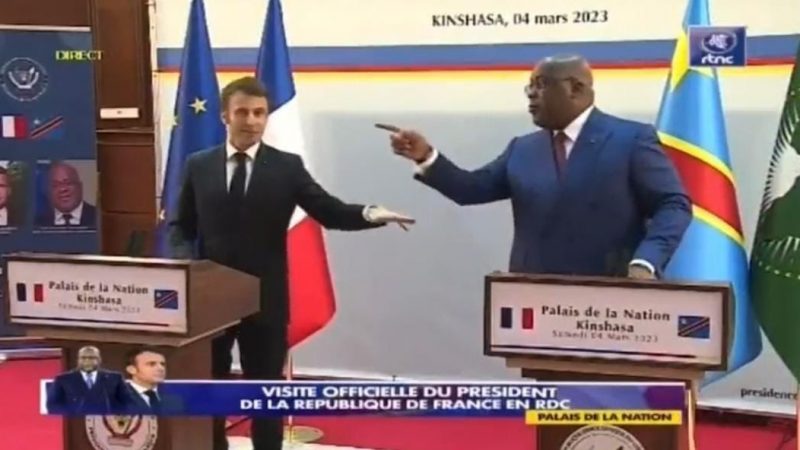Regional
DRC: Security Council delegation should present MONUSCO exit strategy, nothing else
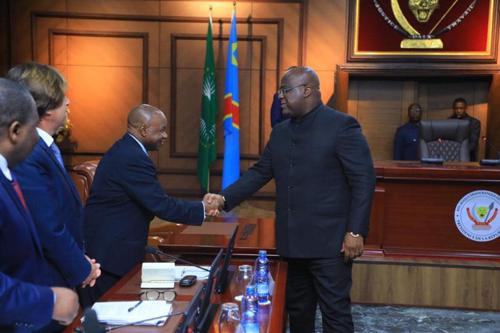
A
delegation from the UN Security Council visited the Democratic Republic of the
Congo from March 9 to 12, seeking to gain a ‘better understanding of the
security and humanitarian situation’ in North Kivu.
Their
mission included a fact find on the activities of armed groups and the various
human rights abuses and violations committed in the province, and the effects
of the illegal exploitation of natural resources in exacerbating conflict and
violence.
They
also sought more information on measures that need to be taken to tackle these
challenges, on the level of cooperation and coordination among the Congolese
armed forces, the UN mission in DRC (MONUSCO) and regional forces, as well as
on the operational difficulties the mission is facing and possible avenues of
support.
The
delegation met government officials including the Governor of North Kivu, Lt
Gen Constant Ndima Kongba, key regional actors of the Nairobi and Luanda peace
processes such as Lt Gen Nassone João (Angola), the Head of the Ad-Hoc
Verification Mechanism established in July 2022 under the Luanda process, and Maj
Gen Jeff Nyagah (Kenya), the commander of the EAC regional force. They briefed the
Council on how every side is acting.
Women
civil society representatives were invited to meet the Council to discuss the
conflict-related sexual violence.
With
this trip, the Security Council wants to compile a report showing that the
situation in eastern DRC is shaky and that it’s too risky for the UN mission to
leave soon. The UN mission is supposed to exit DRC by 2024 as per the transition
plan.
This
explains why the Security Council sent a team to visit the region.
They
travelled there to plot a justification for a MONUSCO mandate extension.
On
December 20, the mandate of MONUSCO was extended by one year, a move that remains
questionable
given that the mission has, for decades, failed to restore security in eastern
DRC despite having around 12,400 troops and costing more than $1 billion,
annually.
The
Congolese have been protesting against the UN mission.
They
want the blue helmets to leave their country because despite its collaboration
with the national army it failed to stop the M23
rebels from advancing.
The
mission’s failures are not only in Rutshuru territory controlled by the M23,
but also in Beni territory and in Ituri province where the ADF terrorist group
and CODECO militia operate. The UN Mission was deployed to restore peace in the
DRC by protecting civilians, facilitating safe electoral processes and fighting
rebel groups. It has been in the country for nearly 30 years and the opposite
has happened.
The
number of armed groups has risen, people continue to live in unsafe conditions
and innocent lives are being lost despite the presence of MONUSCO. It was the
peacekeeping mission’s job to prevent that happening, but it has not served
Congolese citizens diligently and has proven to be useless.
Right
now, extremely high levels of violence are causing many people to migrate in search
of safety. There is more than enough evidence enough that the peacekeeping
mission has failed.
Many
people in local communities do not have a good relationship with MONUSCO
because they believe the mission has not taken up its role to protect them.
Armed
groups in DRC have
increased to more than 130, presently, and thousands of civilians are
killed regularly while millions of others are displaced internally and
externally.
Security
commentators wonder why MONUSCO is still in DRC, when it
never met any of its mandate obligations.
Analysts
believe that the UN mission is exploiting mineral resources in eastern DRC, hence
its refusal to leave the mineral rich country.
The
job of this Security Council delegation should be assessing how MONUSCO should pull out
because it has failed to meet its mandate for almost three decades.



